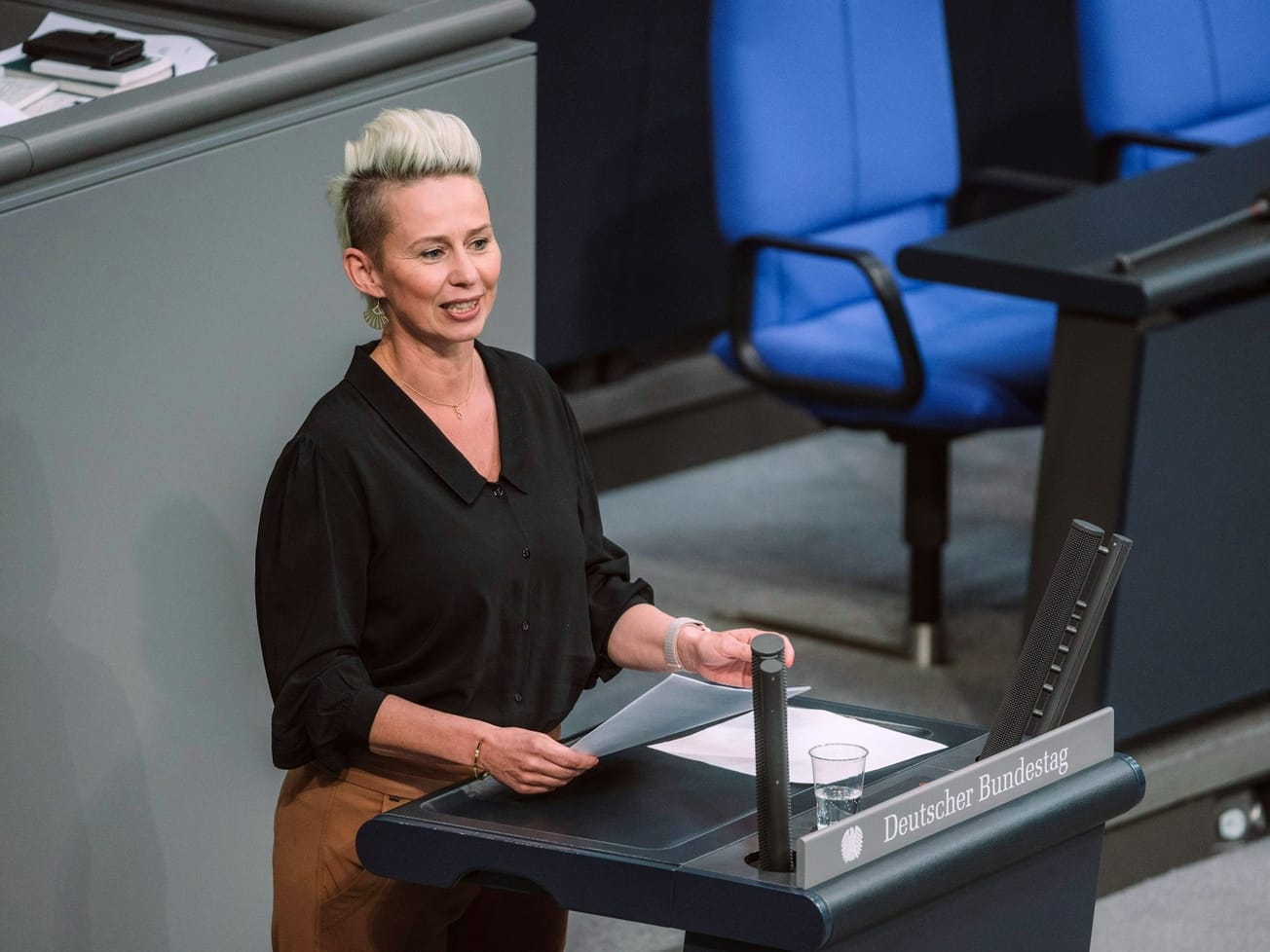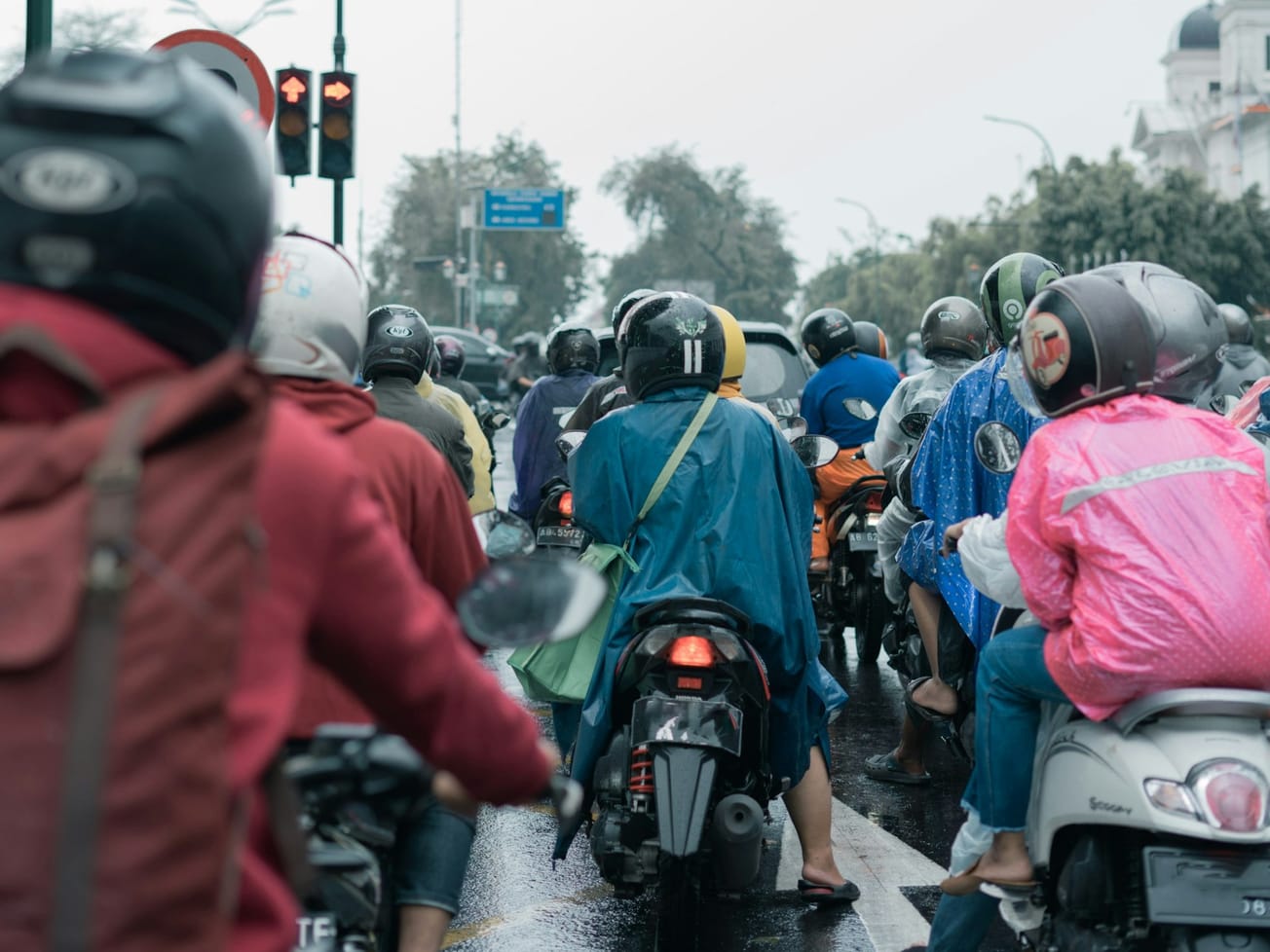GENEVA (AN) — The U.N. labor agency opened its annual conference focused on social justice but elected the labor minister of Qatar, whose nation has been widely criticized for human rights abuses and a lack of strong protections for migrant workers, as its conference president.
Qatar's Labor Minister Ali bin Samikh al-Marri was elected without opposition to preside over the 111th International Labor Conference at its opening on Monday in the Palais des Nations, the United Nations' European headquarters. The conference lasts 12 days.









